McGregor Poetry (Festival): Voices on Fire 26-28th August 2016
-Reviewed by Claire Trévien–
This isn’t going to be much of a review.
I don’t think someone running three events at a festival and attending primarily events performed by their friends can claim any degree of impartiality in reviewing said festival. That many of those I now count as friends were virtually strangers to me a week or so ago doesn’t really change this fact. I am not comfortable endorsing the third person and throwing on the tastemaker cape this time. What I can give you is an account of what attending the McGregor Poetry Festival for the first time was like, and give you an impression of what you might expect should you attend in the future.
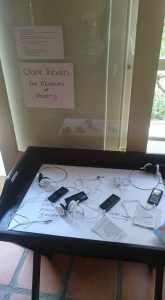
What strikes you about Poetry in McGregor after attending primarily British festivals, is that multiple languages are a given rather than an eccentricity. The program has both English and Afrikaans acts, while the welcome drinks featured speeches in both languages. English is still the dominant language, but you only have to speak to a few of the participants to realize almost everyone in attendance is, at minimum, bilingual.
This is endlessly fascinating to me, as a bilingual poet used to moving in primarily monolingual circles. Here is a scene which, as well as having, as any language does, multiple dialects and accents, accepts as a matter of course the importance of being accessible to at least two different languages. Granted, this still seems tilted towards English, but it does make you wonder how this would look in the UK. Imagine a British festival with tracks in different languages – poets are forever talking about making poetry accessible – how would a festival taking into account the second most spoken language in its area look like, be that Punjabi or Polish?
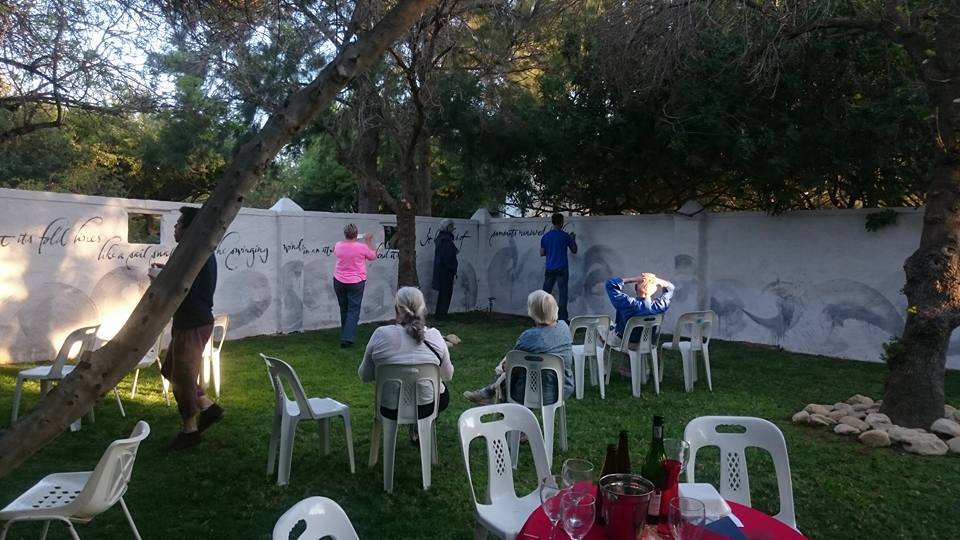
I digress. Poetry in McGregor is now in its fourth year, set in a village of around 10,000 habitants, a two hour drive away from Cape Town. Getting here feels like an adventure in itself, involving a long tunnel drive, stunning mountainscapes and roads peppered with nonchalant baboons. I took note of street signs and advertising material on the way, from Cape Town’s Hairgician to McGregor’s Eat, Bray Love (the donkey sanctuary). There’s a found poem brewing in there.
I’ve decided that McGregor is a South African Stars Hollow (from Gilmore Girls): eccentric characters? Check. Warm-heartedness? Check. A feeling that you could leave all your doors unlocked without fear? Check. More gossip than you can shake a stick at? Check – though I suspect the poets descending on the village added substantially to it.
McGregor Poetry’s dropped the name ‘Festival’ this year, after the committee decided it added too much pressure. They wanted to keep things smaller, more manageable. One can only wonder what previous years looked like, as this year’s programme is still quite packed with sometimes as many as seven events running at the same time. In spite of this, several of the events I attended were sold out, with hopeful listeners parking their chairs outside of the venue in the hope of catching some wisps.
Poetry in McGregor is quite clearly a labour of love centered around the Temenos retreat, a beautiful haven within a haven, full of peacocks and other wildlife. Poems dangle from trees, there’s a Buddha or a quirky venue full of candles around each corner. It’s a place to get pleasantly non-lost in and watch the birds mastermind their daily soap opera. WiFi is rare and reception more so, you have to adapt and try not to drown yourself with data when your phone briefly connects.
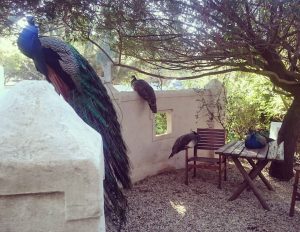
With so much going on, it was impossible, and probably inadvisable for me to see everything. The line-up included poetry veterans James Matthews and Kobus Moolman, whose readings were rapidly sold out. Alongside these stood showcases of younger poets, such as the UWC Master’s students which identified Jolyn Phillips and Ethne Mudge in particular as two poets to watch.
The standout performance of the festival was Vangile Gantsho’s presentation – it was the kind of immersion that makes you want to walk alone afterwards and process. I left the reading to find two people hugging intensely. Her poetry is visceral and delivered with a powerful stage presence – no or little introduction is needed for her poems, they punch through. I am lucky to hold print outs of her poems as we speak, and I feel the same quiet magic on the page as I did in person: poems that are there as if they have always been there. Here is an extract of one:
My body knows walking.
Feet hands penises.
Knows people less.
My body is nothing worth remembering.
Nothing worth keeping. Or taking home.
On the streets.
I am a vagina, for walking in and out of.
Another stand-out reading was Harry Owen’s The Music of Ourselves, who delivered effortlessly poetry that ranged from the humourous to the deeply moving. Sometimes the two combined, as in his poem ‘The Cull’, a wonderfully cutting piece created using the language of newspapers and public service pamphlets to draw a comparison between the culling of elephants and the aging human population. Harry, a fellow Brit, says he never saw himself as an activist before, but since moving to South Africa and seeing first hand things that he cannot ignore, particularly where animal cruelty is concerned, has made him into one.
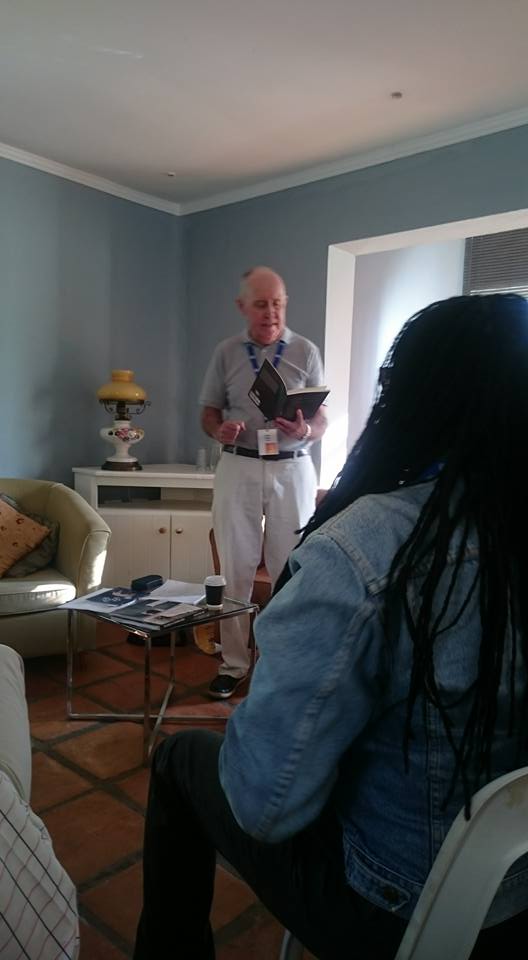
As well as more standard poetry readings, there was also room for experimentation. The Next Step Dance Company & First Step Ballet combined ballet and poetry, while Nick Mulgrew performed his new show ‘Biography’ with an electric guitar accompaniment and flashcards to let us know which chapter we were on. More of these kinds of works, preferably not scheduled at the same time (as these two were) would be welcome.
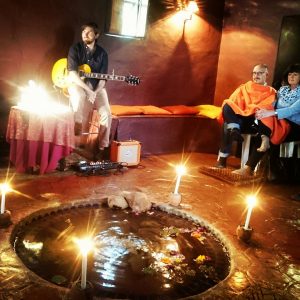
There were also plenty of opportunities for those not on the program to make their voices heard. The nightly open mic at Carol’s Pub, the Overdraught was wonderfully idiosyncratic. It’s an ordinary pub night, sometimes accompanied by football watching, until a volunteer declared they had a poem. The bell is rung and quiet descends on the pub to focus on the poem at hand.
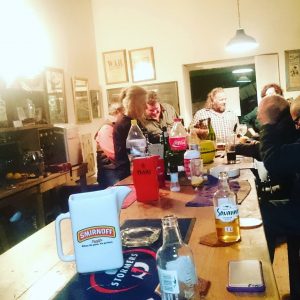
And then, as quickly as it blazed forth, the festival (that isn’t a festival (but really is a festival)), has ended. Or at least it has for me, I am enviously thinking of those still in McGregor, ringing bells and giving themselves permission to gush unabashedly about poetry.

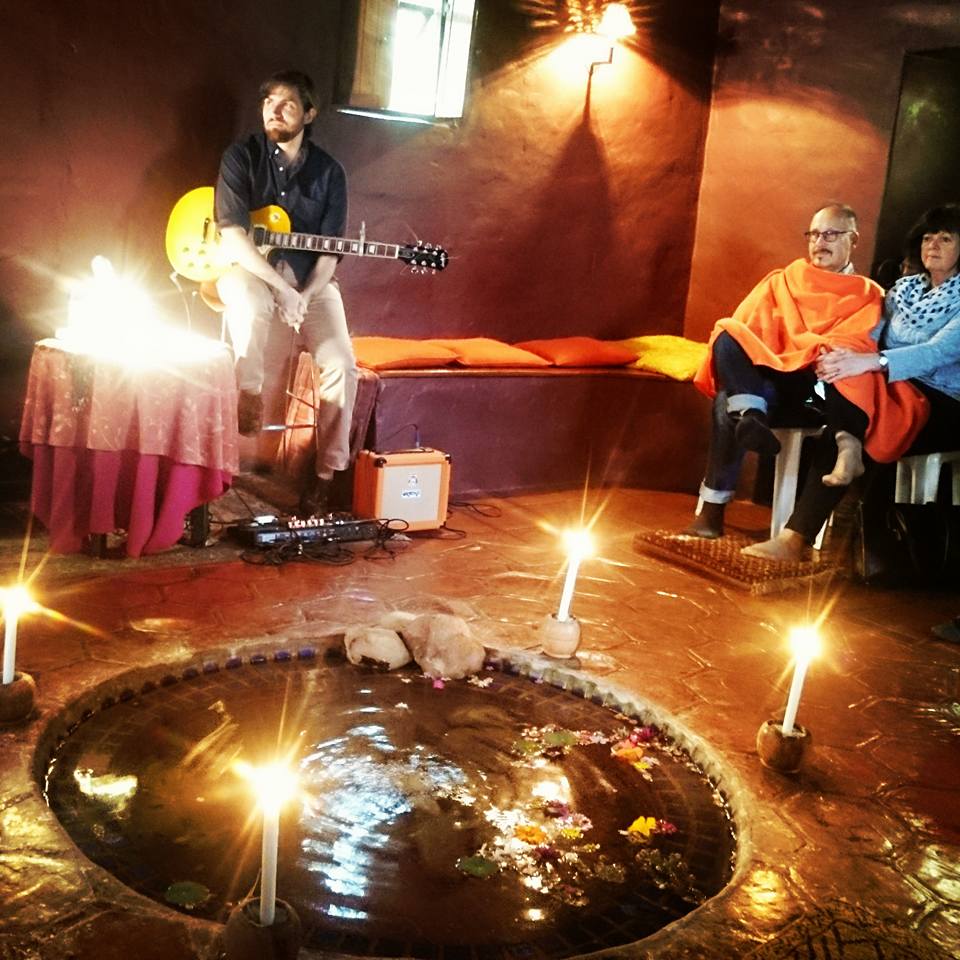
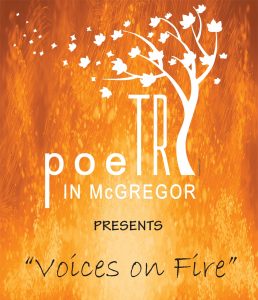
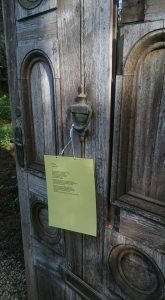
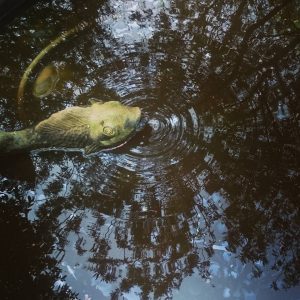

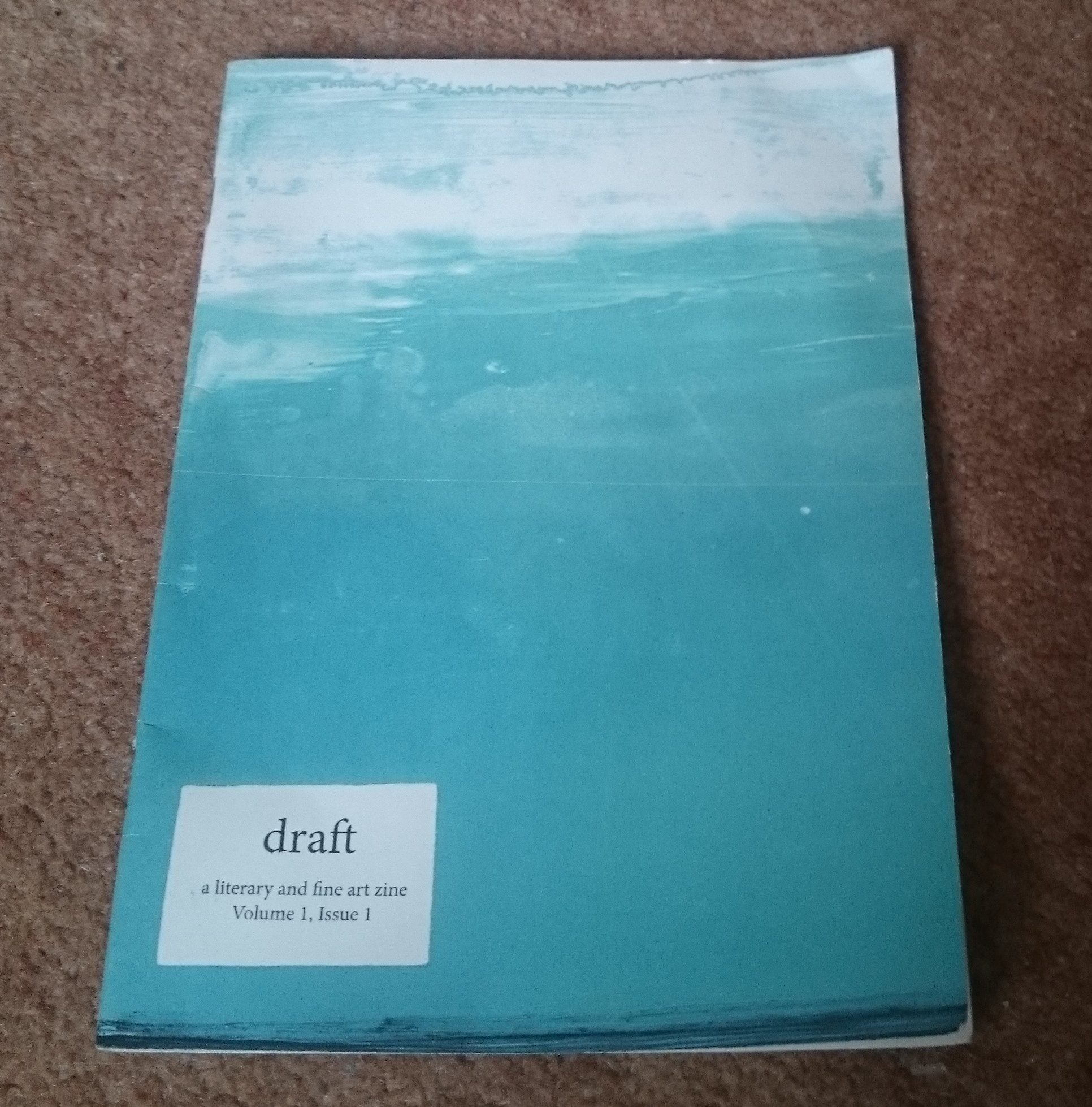
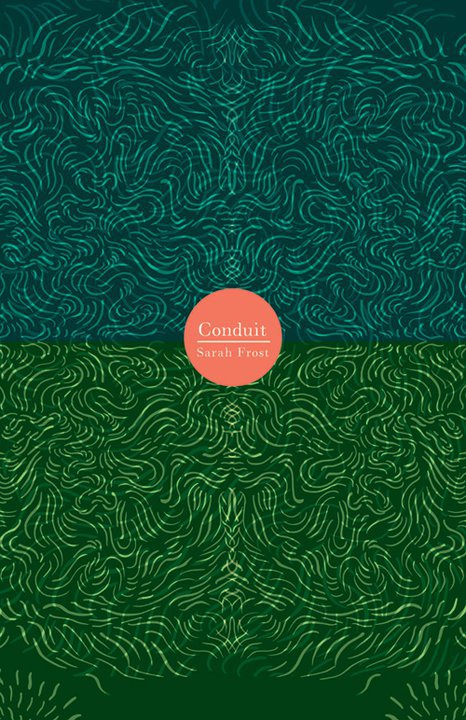
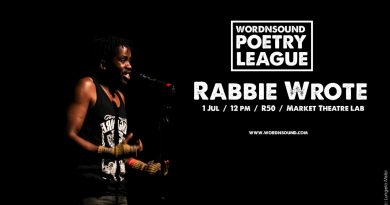
Ah Claire! The time was just too short to be able to spend time with you and show you around our village. Thank you for your wonderful contribution and for choosing us as your “African’ destination. Your review is beautiful – so much love from us all. Jennifer